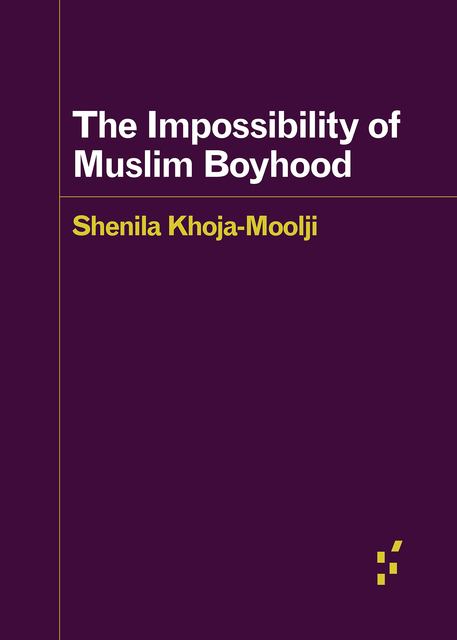The Impossibility of Muslim Boyhood
How do we understand an incident where a five-year-old Muslim boy arrives at Dulles airport and is preemptively detained as a “threat”? To answer that question, Shenila Khoja-Moolji examines American public culture, arguing that Muslim boyhood has been invented as a threat within an ideology that seeks to predict future terrorism. Muslim boyhood bridges actual past terrorism and possible future events, justifying preemptive enclosure, surveillance, and punishment. Even in the occasional reframing of individual Muslim boys as innocent, Khoja-Moolji identifies a pattern of commodity antiracism, through which elites buy public goodwill but leave intact the collective anti-Muslim notion that fuels an expanding carceral and security state. Framing Muslim boyhood as a heuristic device, she turns to a discussion of Hindutva ideology in India to show how Muslim boyhood may be resituated in global contexts.

Background photo by Helena Jankovičová Kováčová

Table of Contents
Metadata
- isbn978-1-4529-7240-4
- issn2373-5074
- publisherUniversity of Minnesota Press
- publisher placeMinneapolis, MN
- restrictionsPlease see the Creative Commons website for details about the restrictions associated with the CC BY-NC-ND 4.0 license.
- rightsThe Impossibility of Muslim Boyhood by Shenila Khoja-Moolji is licensed under a Creative Commons Attribution-NonCommercial-NoDerivatives 4.0 International License.
- rights holderShenila Khoja-Moolji
- series number72
- series title
- doi

